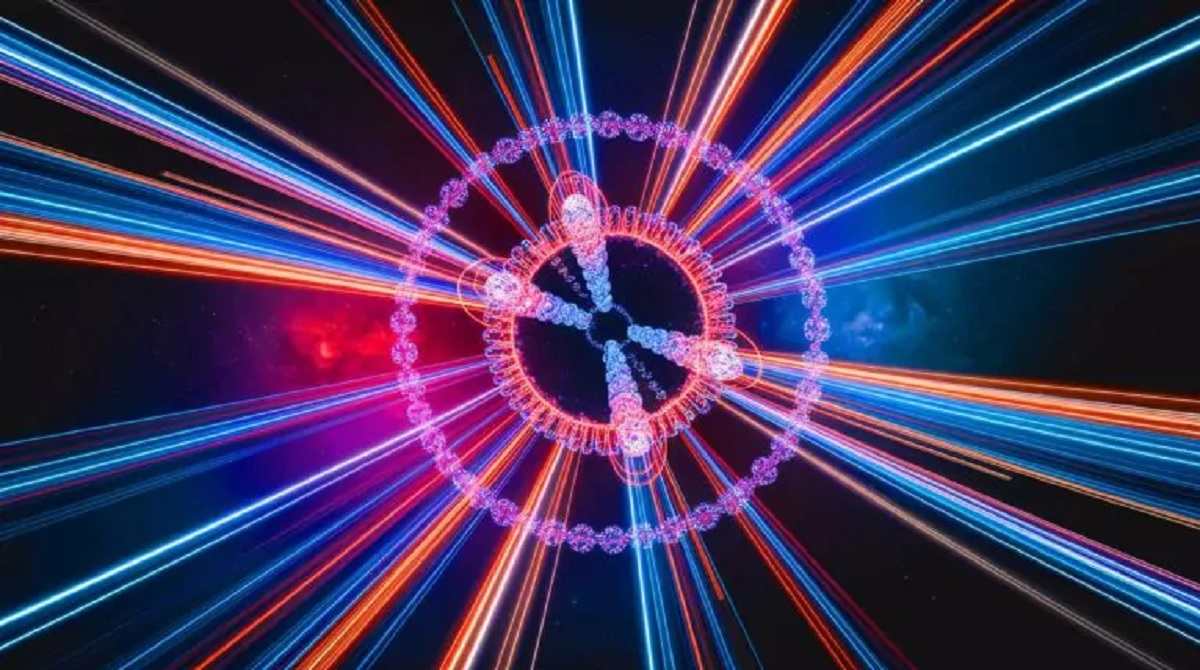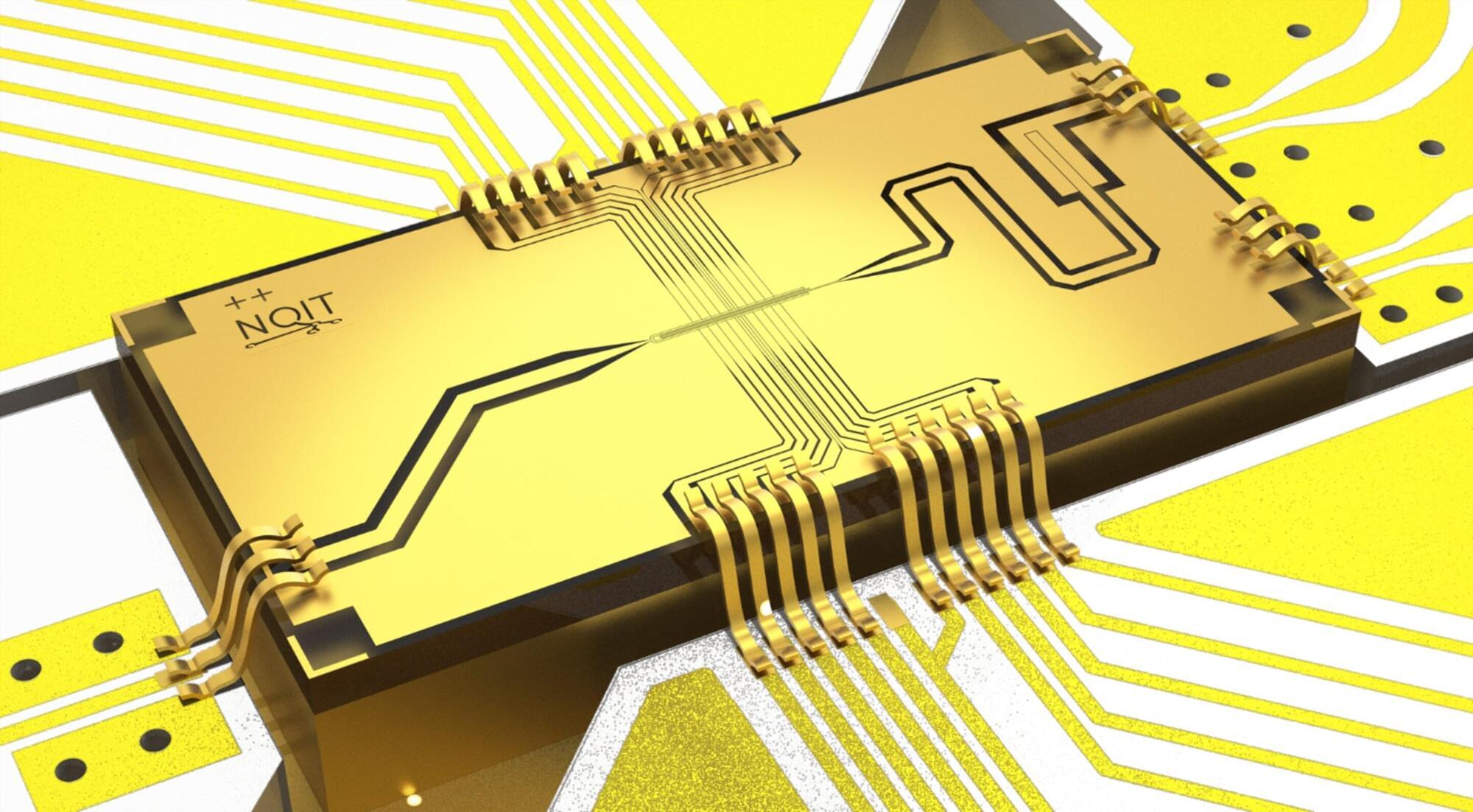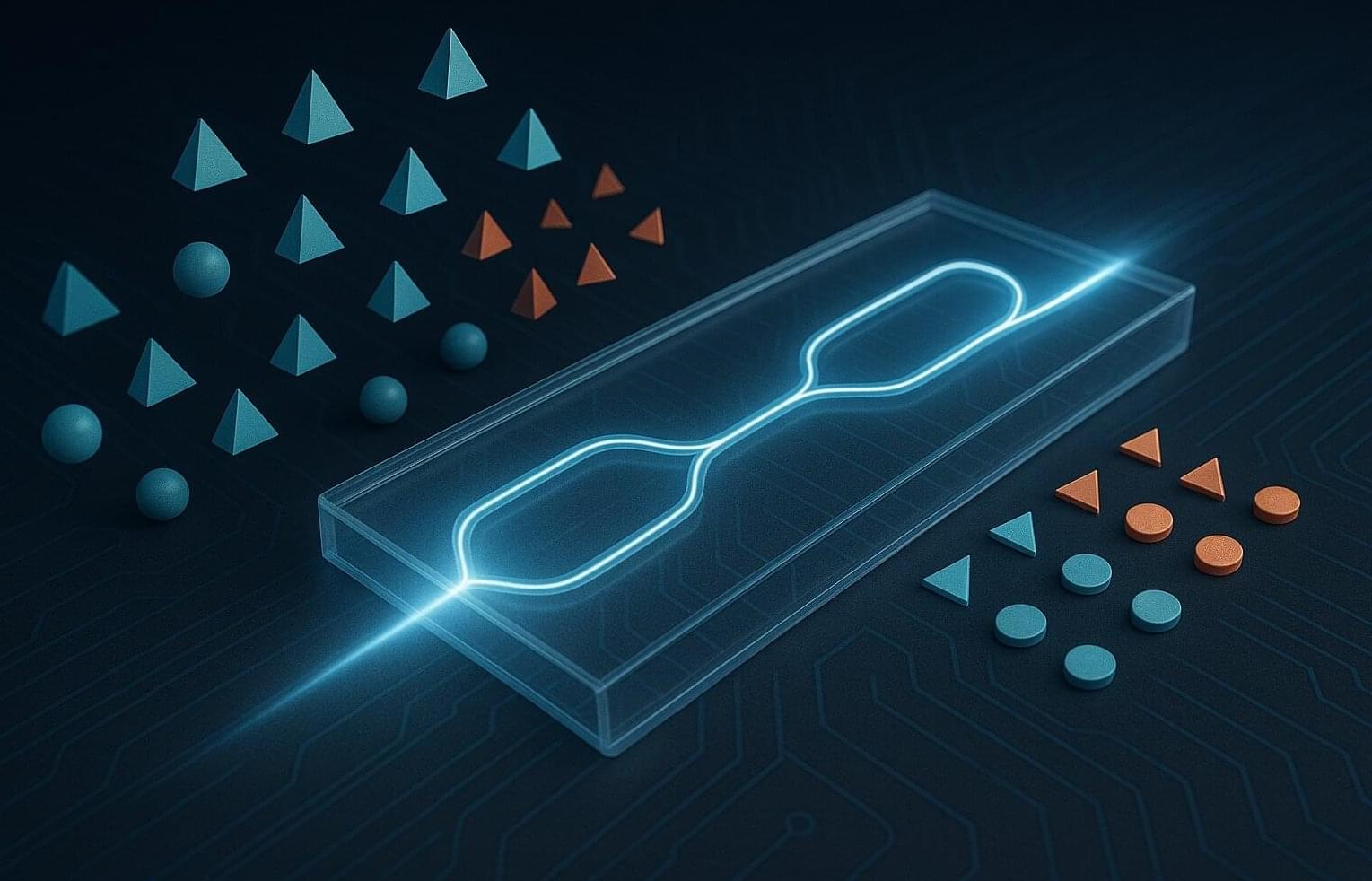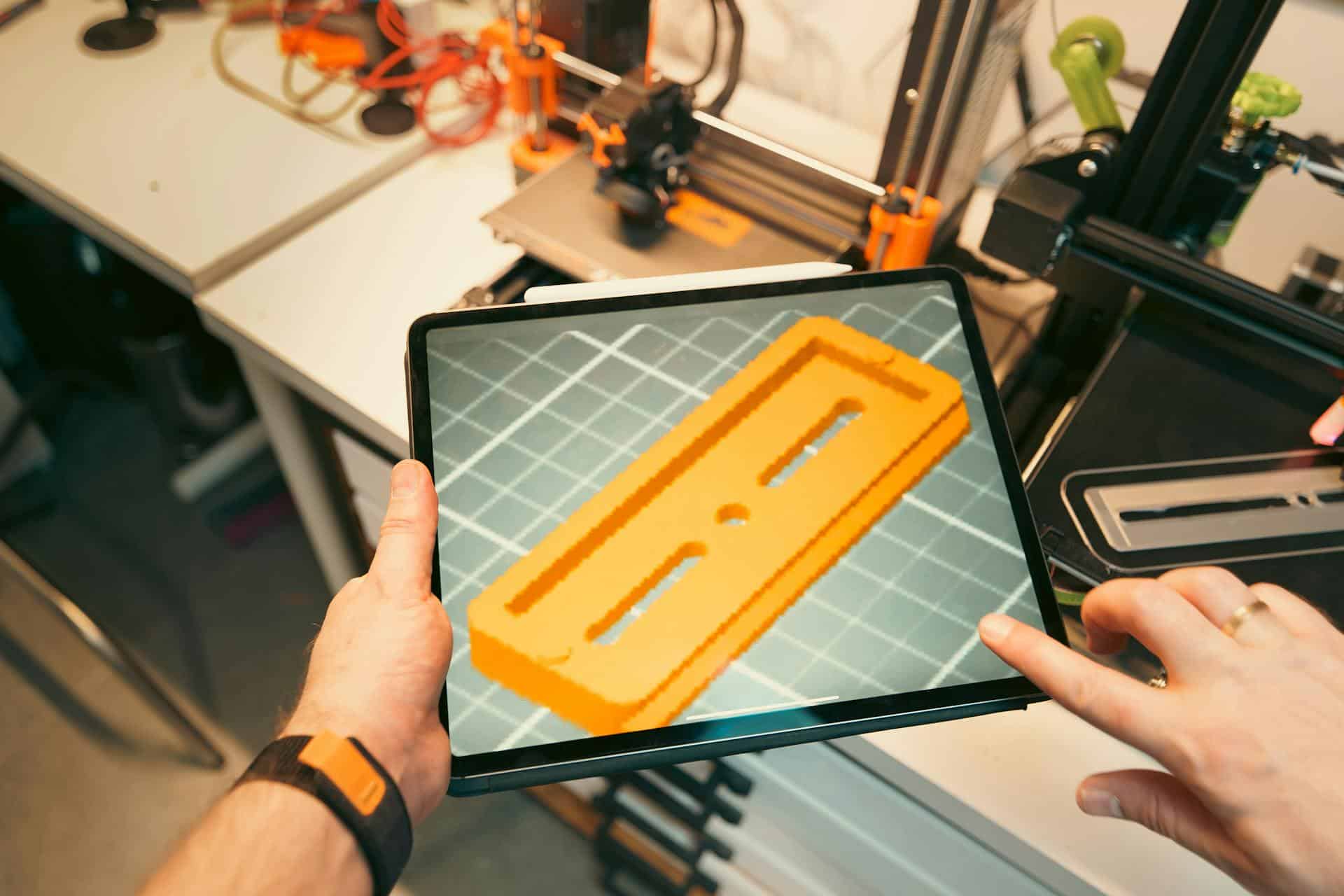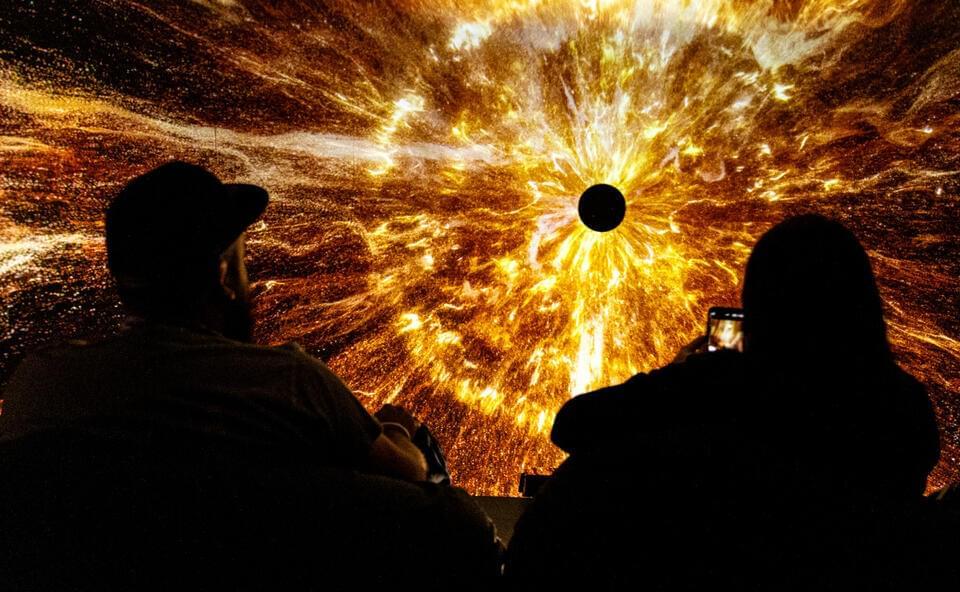In a monumental breakthrough, scientists have measured the speed of quantum entanglement for the first time—an achievement that is set to radically transform the way we understand the quantum world. For years, quantum entanglement was thought to be an instantaneous process, but this new research, published in Physical Review Letters, has pushed the boundaries of our knowledge, providing new insights into the quantum realm and setting the stage for revolutionary advances in data security and computational technologies.
